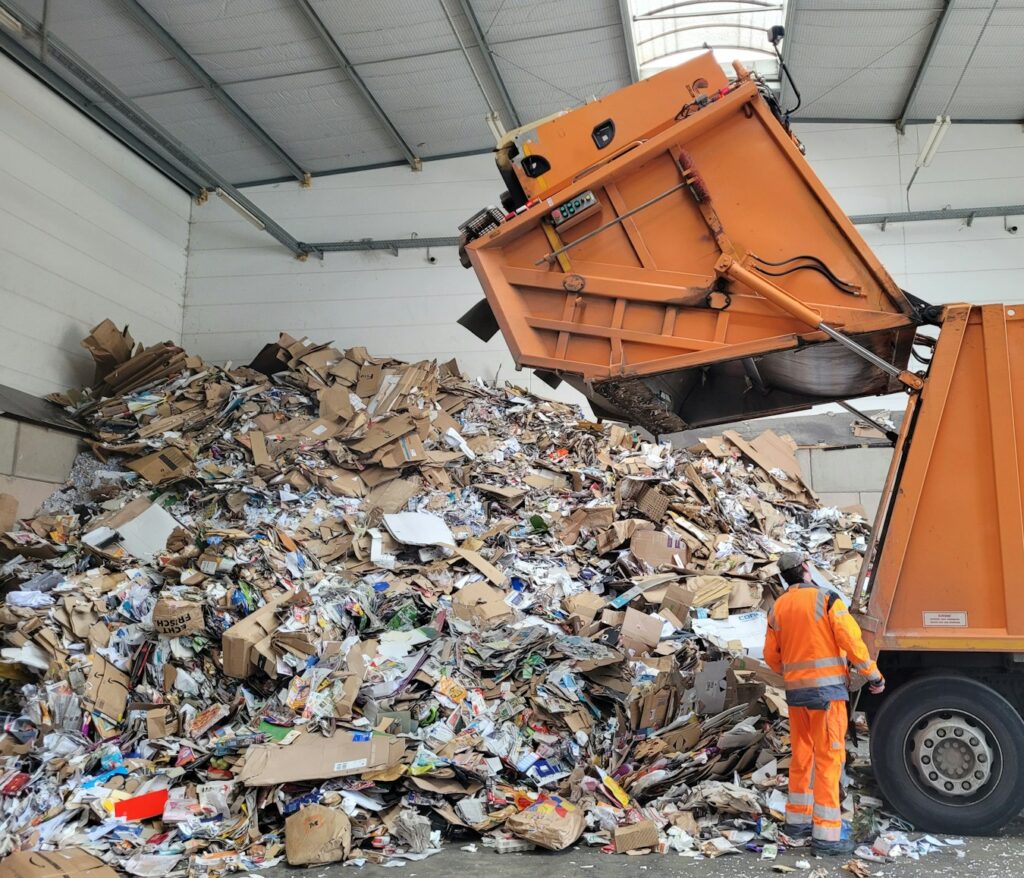Airline carbon offsetting in its current form is no more than greenwashing, writes octoral researcher in nature-based solutions, University of Birmingham.
The coronavirus pandemic has grounded thousands of aircraft, contributing to the largest-ever annual fall in CO₂ emissions. At some point though, the planes will soar again and with them, global emissions.
Most airlines in the UK have committed to achieving net zero carbon emissions by 2050. From 2026, it will become mandatory for airlines worldwide to ensure that their annual emissions stay flat. But the UK aviation industry also plans to increase the number of passengers it serves by 70% in the next three decades.
To pull this off, airlines will be planning to fly planes at or near full passenger capacity and use cleaner burning fuels. But the rest of the emissions airlines hope to cut – between one-third and half of the total – are expected to come from market-based measures, such as carbon offsetting and emissions trading.
You’ve probably encountered an option to offset your carbon footprint when buying a flight. The payment page of Ryanair’s website suggested a “carbon offset contribution” of £2 for a return flight from Gatwick to Alicante. Airlines seeking government bailouts are likely to use carbon offsetting and emissions trading to show they’re serious about putting their emissions on a downward trajectory. But what do they involve and are they really a solution to climate change?
Avoiding upsets with offsets
The idea of offsets is to cancel out your own emissions by reducing equivalent emissions elsewhere. This could be by purchasing carbon credits from an emissions trading scheme, where one credit typically equals one metric tonne of CO₂. When a carbon credit is “retired” – essentially ripped up – it saves one tonne of CO₂ from being emitted by the countries or companies that sell them.
Alternatively, you can invest in offsetting schemes – called clean development mechanisms – which aim to reduce future emissions in developing countries by providing greener cooking stoves, for example. There are also carbon removal schemes which aim to actively absorb carbon by planting trees, or developing technologies that can absorb carbon from the air.
Only a decade ago, carbon offsetting was largely voluntary and schemes were unverified and unregulated. Broken promises and schemes causing more harm than good abounded. Today, there are several trustworthy schemes that can verify the work of offsetting projects, such as the Verified Carbon Standard. As the popularity of offsetting schemes increases, regulation continues to improve. Even the International Panel on Climate Change trusts carbon offsetting to ensure its meetings – which involve delegates flying from around the world – are carbon neutral.
But whether these schemes actually make sufficiently deep carbon cuts over an effective timescale to actually slow climate change is another matter. With tree planting, it can take a long time for newly planted trees to start storing carbon, and it’s difficult to accurately predict how much carbon each tree will put away during its lifetime. That carbon is easily re-released during forest fires or as a result of deforestation.
Carbon credit trading and carbon offsetting schemes can support projects which reduce emissions and remove carbon from the atmosphere if they’re sufficiently ambitious – and they should be going ahead anyway, without their benefits being cancelled out by businesses using these schemes to continue polluting. For example, a tax on airlines and customers could fund offsetting projects that aim to cut at least double the units of carbon emitted per flight, with frequent flyers being taxed more heavily.
But sustainability targets for airlines need to be based on real emissions cuts at their source. That would mean drastically reducing the number of flights each year, especially those with reasonable travel alternatives such as rail. As a condition for any post-COVID-19 bailout, airlines should be forced to invest heavily in the research and development of technologies that can make flights carbon-neutral, such as electric engines and batteries. The marketing of rescued airlines should also be honest with customers about the climate impact of their flight.
When offsetting is earmarked as the principal way to reach net zero emissions – with no reduction in the number of flights or control over how airlines invest their revenue, it becomes little more than greenwashing. It’s time we get our heads out of the clouds and prevent the aviation industry taking the easy way out on climate change.
This article is republished from The Conversation under a Creative Commons license. Read the original article here.















